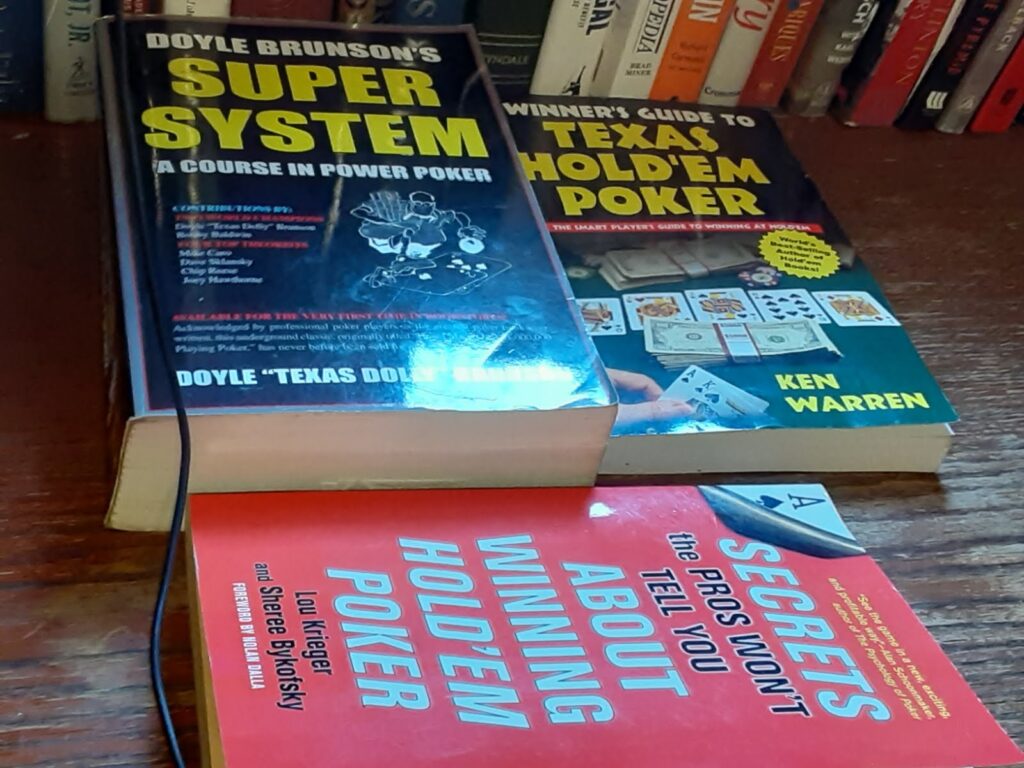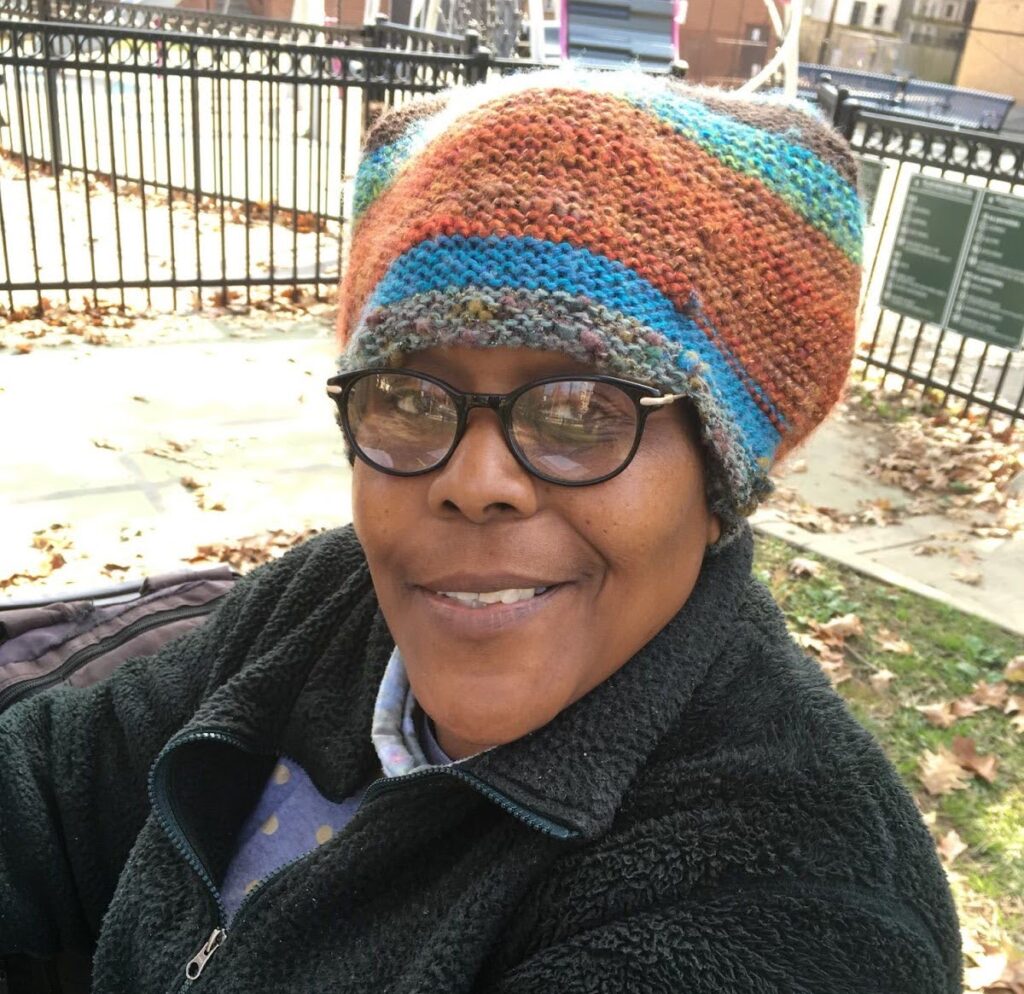Some people find religion, others find poker. Poker is an emotional game, it’s seductive. The lure of throwing $50 in an online account and bankrolling it into thousands of dollars lures people in. That’s what happened to me in 2017.
I turned 50 and suffered from depression. I felt washed up, out of shape, and suicidal. I should have been happy: I lived in Washington, D.C.; I had no problems earning income and working a job where I was treated like family. Nobody knew I used to play poker at a high level and dreamed of playing at that level again.
I’m not saying I’m Phil Ivey, but when I have my A-game, I’m unbeatable. Back in the 2000s, I played poker at a world-class level. One year, I was so successful I made over $100,000 in Atlantic City and lived like a rock star.
But I was too stubborn to adjust to today’s game. By 2007, I ended up homeless selling Street Sense. By 2010, I got so disgusted that I quit the game, vowing never to play poker again.
I was a victim; I blamed everyone for my losses. I was old school; I hated online poker and the young guns that played it. (Though that also meant I was fortunate to not have any money invested in online poker in 2011 when top executives at Full Tilt and other online companies were indicted for bank fraud, money laundering, and illegal gambling.)

I made my return at Maryland Live and Horseshoe Casino in 2017. The players were awful, and my return was spectacular because they played like whales dumping fortunes on the table. I was off to the races; I was doing better playing poker than writing for and selling Street Sense.

But my poker was predictable. I worked and didn’t have the luxury of playing every day such as online players. In the ‘90s, poker literature was rare. I was a Doyle Brunson guy. His book “Super System: A Course In Power Poker” was the Bible of poker. I also read Mike Caro’s “Book of Poker Tells” and Phil Hellmuth’s “Bad Beats and Lucky Draws.” But things have changed.

I hated the concept of online poker, so to tell you the truth I don’t know how I got started playing online. There are restrictions in D.C., so you’re limited to two sites: America’s Card Room and Ignition, also known as RIgnition. I started off with $50 and within three days I won a $600 tourney on a $5 investment. I cashed out, and they sent me a check, so I’m comfortable playing on their site online. It is far from being the best site to play online because the players are anonymous and you can’t get stats on players as you can on other sites. But I know they’ll send me my winnings.

Even though playing on Ignition gave me fits, it also began my journey from being a hot head who reacted to every setback in every game into being a more patient and generous human being. My psyche is no longer measured by my winning or losing. If I lose, I can take a step back and review my mistakes during that session. If I win, I journal the positive. I no longer enjoy the winning. Now I enjoy the training, preparation, and studying.
I used to treat poker like gambling and I got results like a gambler. Today, I treat it like a sport and a business. In any competition, training is a must. Poker has developed a sense of professionalism in my sales and writing, too. The same research and organization skills have allowed me to become self-employed and not worry about what happens on Capitol Hill.








